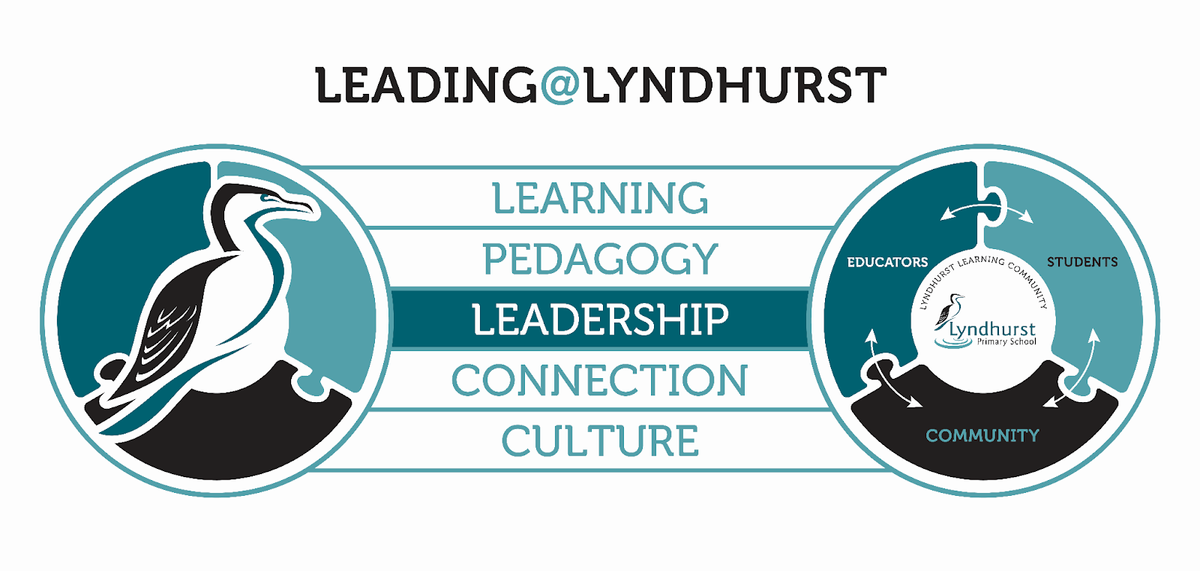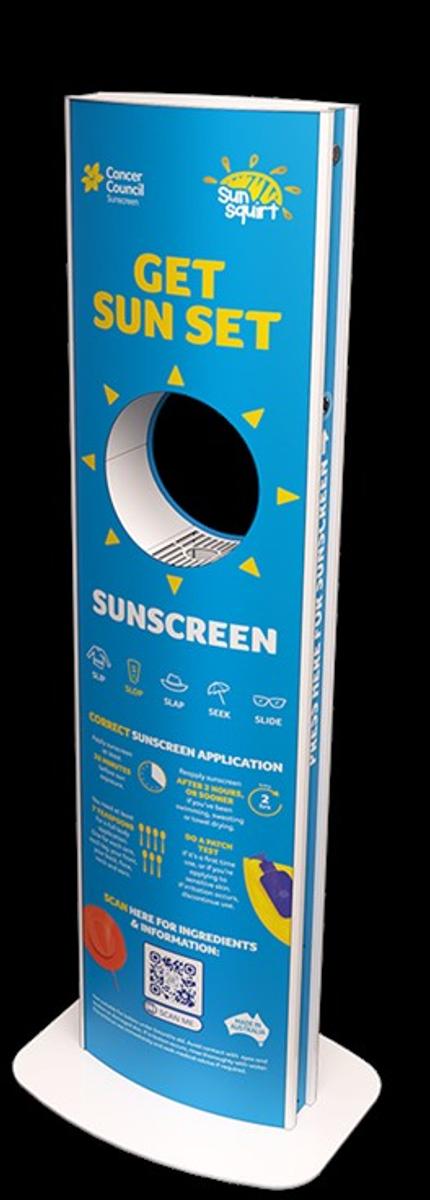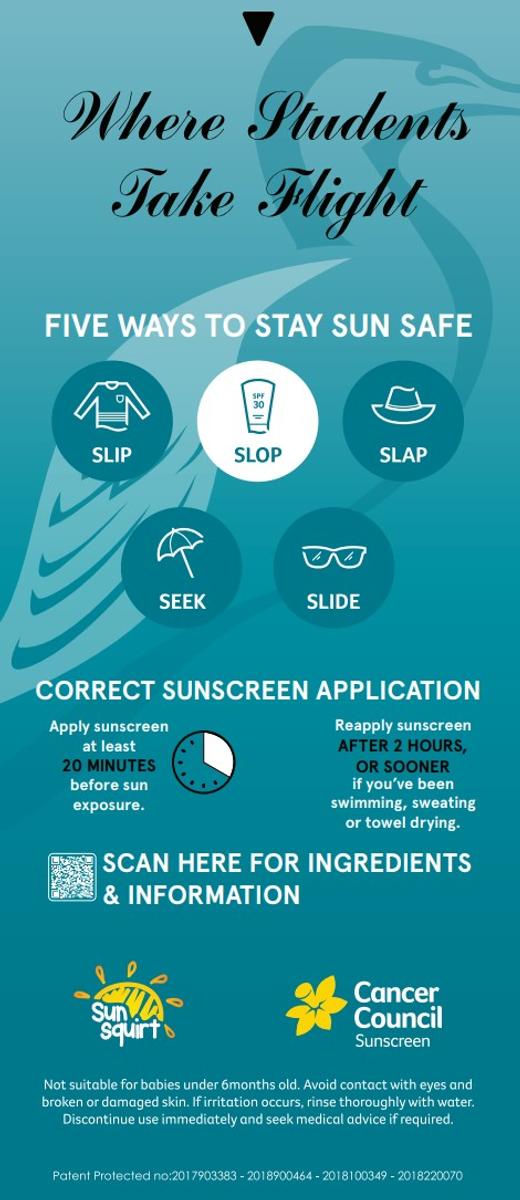Principal's Report

NAPLAN - Wednesday 12th March, 2025
The National Assessment Program – Literacy and Numeracy (NAPLAN) is a literacy and numeracy assessment that students in Years 3, 5, 7 and 9 sit each year. It is the only national assessment all Australian students have the opportunity to undertake. As students progress through their school years, it is important to check how well they are learning the essential skills of reading, writing and numeracy. NAPLAN assesses the literacy and numeracy skills that students are learning through the school curriculum and allows parents/carers to see how their child is progressing against national proficiency standards.
Your child will do the NAPLAN tests online. Online NAPLAN tests are designed to provide precise results and are engaging for students. The tests are tailored (or adaptive), which means that each test presents questions that may be more or less difficult depending on a student’s responses. This helps students remain engaged with the assessment. Tailored testing allows a wider range of student abilities to be assessed and measures student achievement more precisely. A student’s overall NAPLAN result is based on both the number and complexity of questions they answer correctly. Your child should not be concerned if they find questions challenging; they may be taking a more complex test pathway. All Year 3 students will continue to complete the writing assessment on paper.
What does NAPLAN assess? NAPLAN assesses literacy and numeracy skills that students are learning through their regular school curriculum. Students sit assessments in writing, reading, conventions of language (spelling, grammar and punctuation) and numeracy. The questions assess content linked to the Australian Curriculum: English and Mathematics. All government and non-government education authorities contribute to the development of NAPLAN test materials. To find out more about NAPLAN, visit nap.edu.au.
Preparing for NAPLAN
Here are some helpful tips to support your child's wellbeing during NAPLAN testing:
Before the Test:
- Encourage a Positive Mindset – Reassure your child that NAPLAN is just one part of their learning journey and not a measure of their worth.
- Create a Calm Study Environment – Provide a quiet space for light revision, but avoid excessive pressure or cramming.
- Maintain a Balanced Routine – Ensure your child gets enough sleep, eats well, and has time for relaxation and play.
- Familiarize Them with the Test Format – Practice with sample questions to boost confidence, but keep sessions short and stress-free.
- Encourage Relaxation Techniques – Teach deep breathing or mindfulness exercises to help manage any nervousness.
During the Test Period:
- Start the Day Right – Provide a nutritious breakfast and ensure they have all necessary materials (e.g., pencils, erasers, water bottle).
- Keep a Relaxed Atmosphere at Home – Avoid discussing test results or comparisons with other children.
- Encourage Breaks & Physical Activity – Outdoor play and movement help reduce stress and improve focus.
- Remind Them to Do Their Best – Reinforce that effort matters more than perfection.
After the Test:
- Celebrate Their Efforts – Acknowledge their hard work and avoid overemphasizing results.
- Discuss Their Feelings – Encourage open conversations about their experience and reassure them.
- Keep Perspective – Remind them that NAPLAN is just one measure of their learning and does not define their future success.
International Women’s Day
International Women's Day (IWD) is celebrated every year on March 8th. It is a global day that recognises the social, economic, cultural, and political achievements of women, while also raising awareness about gender equality and women's rights issues. The day is observed with various activities such as rallies, talks, performances, and campaigns that aim to inspire change and encourage the empowerment of women everywhere.
This year’s theme calls for action that can unlock equal rights, power and opportunities for all and a feminist future where no one is left behind. Central to this vision is empowering the next generation—youth, particularly young women and adolescent girls—as catalysts for lasting change.
Besides, the year 2025 is a pivotal moment as it marks the 30th anniversary of the Beijing Declaration and Platform for Action. This document is the most progressive and widely endorsed blueprint for women’s and girls’ rights worldwide that transformed the women’s rights agenda in terms of legal protection, access to services, youth engagement, and change in social norms, stereotypes and ideas stuck in the past.
It is important that we continue to take action and invest in promoting women’s rights and gender equality.
Let’s be Sunsquirt Safe
We have exciting news.
Through the hard work of our First Officer Nicole Smith, LPS won a Sunsmart sunscreen kiosk for LPS (see images).
This impressive machine will dispense sunscreen in a more efficient manner for students.
Here is what you need to know:
- Usage of the kiosk will commence Monday 030325, Week 6
- Student leaders will promote at Whole School Assembly Friday 280225
- Location will be the entrance way of the kiln enclosure (outside the Art Room). This space will be unlocked/locked at the start of the day 10.30am / 2.00pm end of each day.
- Duration will be Term 1 and 4 (and/or per high UV rating per Sunsmart Policy)
- Student leaders eg. SRC chairs, will arrange a timetable to supervise the kiosk at break times
- Staff on Yard Duty will patrol around this area to provide support to student leaders (especially in the first few weeks, as the kiosk will probably be a novelty for some students)
Please promote ‘slopping’ on sunscreen to promote our positive sunsmart behaviours.
Role modelling starts at home
Regrettably, we inform you that we have had an increase of student vandalism in the student toilets. Clearly the vast majority of students are doing the right thing all the time. It is only 5% of students misbehaving 5% of the time.
Can all families please have a conversation with their child/ren in relation to appropriate use of the student toilets, including:
- amount of toilet paper required
- usage of paper towel to dry hands ONLY
- disposing of paper towel in the bins provided (not on ceilings)
- only placing toilet paper into toilet bowls (not other items eg. tennis balls)
Students are strongly encouraged to be active bystanders and to report any misbehaviour in the toilets to staff for immediate attention.
If incidents continue, students will be required to sign out in their classrooms with a time recorded.
Teachers have been asked to track time and make note of students out of class for an extended time.









